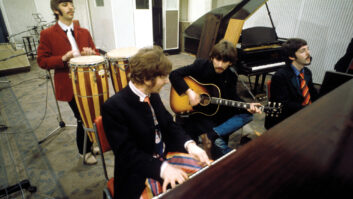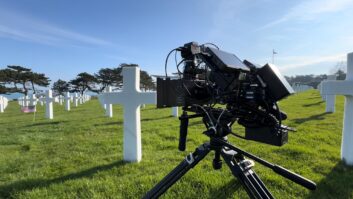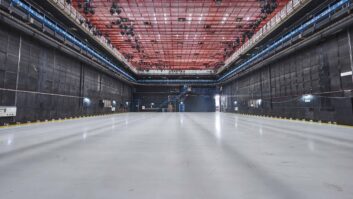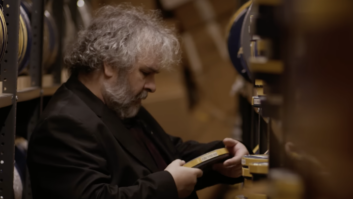They Shall Not Grow Old, Peter Jackson’s film about the First World War, is broadcast on BBC Two (9:30pm, 11th November) and released into UK cinemas this weekend (9th, 10th, 11th November). The 90-minute film has been created using original footage from the Imperial War Museums’ extensive archive, much of it previously unseen, alongside BBC and IWM interviews with servicemen who fought in the conflict. Footage has been colourised, converted to 3D and transformed with modern production techniques to present never before seen detail.
Although the project was only officially announced in January of this year, the Oscar-winning director began working on the film three years ago, which is when he brought conversion company Stereo D on board. The company had previously worked on several projects with Jackson’s visual effects team.
“They invited us to take part in a proof-of-concept test,” Stereo D producer Mark Simone tells TVBEurope. “The test period lasted about three months. From there we entered in to an R&D phase to prepare for shot production. The test allowed us to identify areas of our pipeline that needed to be modified to conform to the project.”
Stereo D’s first job was to restore the footage: “We had to de-flicker, de-grain, de-scratch, and de-noise the footage,” explains colour supervisor, Milton Adamou.
“The next step was increasing the frame rate to 24 fps, which creates visible artifacts such as ‘ghosted’ edges or smeared details in the newly-created frames. Additionally, in some instances there were entire frames simply missing that had to be recreated.”
Next, the team dealt with the digital paint retouch, which involved manually ‘cleaning out’ the new frames, making sure the edges were sharp and the motion looks fluid and natural. “Here we began the rotoscopy phase, isolating every object in every frame to assist with the colourisation and the 3D,” continues Adamou.
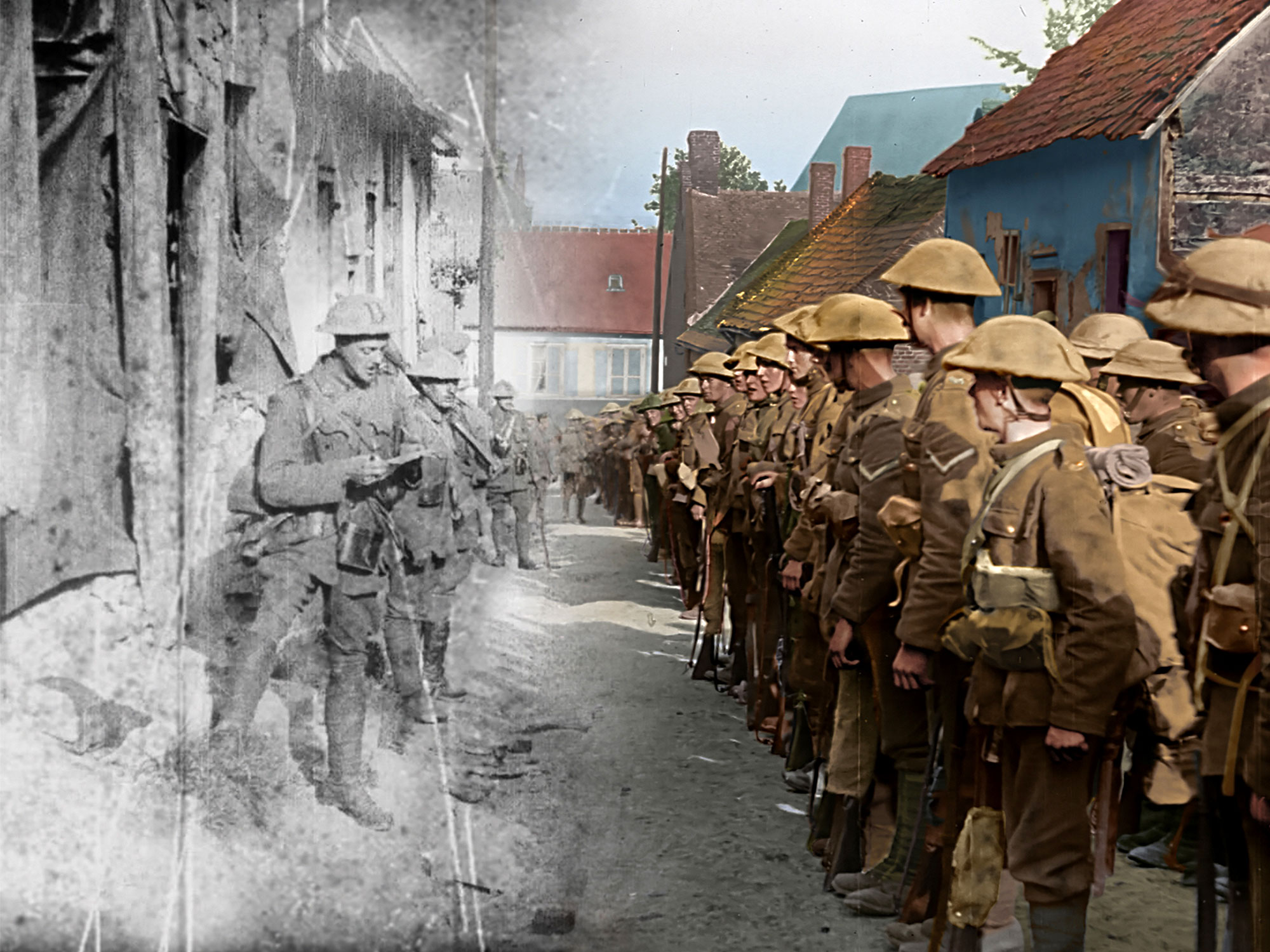
“For certain shots we would establish the colour look decisions by working on a single restored frame and then confer and iterate with Peter and his team until we had a sign-off. Then we would ripple those choices to our composite stage and apply them to the moving footage. Then we create a depth map and determine where everything in the frame would occupy in 3D space.
“Finally, our paint and finishing stage fills in occlusions created by the image-stretching that occurs in the 3D process,” concludes Amadou.
Stereo D employed several hundreds of its team members in various locations around the world to work on the restoration, colorisation, and the 3D production. The company had worked on archival feature films, but this was their first documentary project and their first dealing with historical footage.
Obviously working with footage that’s nearly 100 years old wasn’t easy – you can’t just send the original film through the post. “First, it was scanned by the Imperial War Museum, then it went to Park Road Post in New Zealand and they sent it to us as digital files,” explains Simone. “It was not easy, but the most difficult part was that each shot required its own specific analysis and suite of solutions and processes in order to get it to the next step.”
Simone says Jackson was a constant presence on the project, with team members flying to New Zealand at regular intervals, as well as the company taking part in remote reviewing sessions with the director who would also be passing on noted and feedback regularly.
Simone says everyone involved felt an enormous responsibility. “All of us at Stereo D felt an immense obligation to the memory of these fallen soldiers and to the audiences who will see the film,” he adds. “It was incredibly important that our work respect the history we were tasked with representing.”
Finally, with the film airing on the BBC on Remembrance Sunday after its world premiere at the BFI London Film Festival last month, what do the team at Stereo D think of the finished product? “It’s even better than we could’ve imagined,” concludes Simone. “And attending the London Film Festival was a great way to experience seeing the full feature with an audience.”
